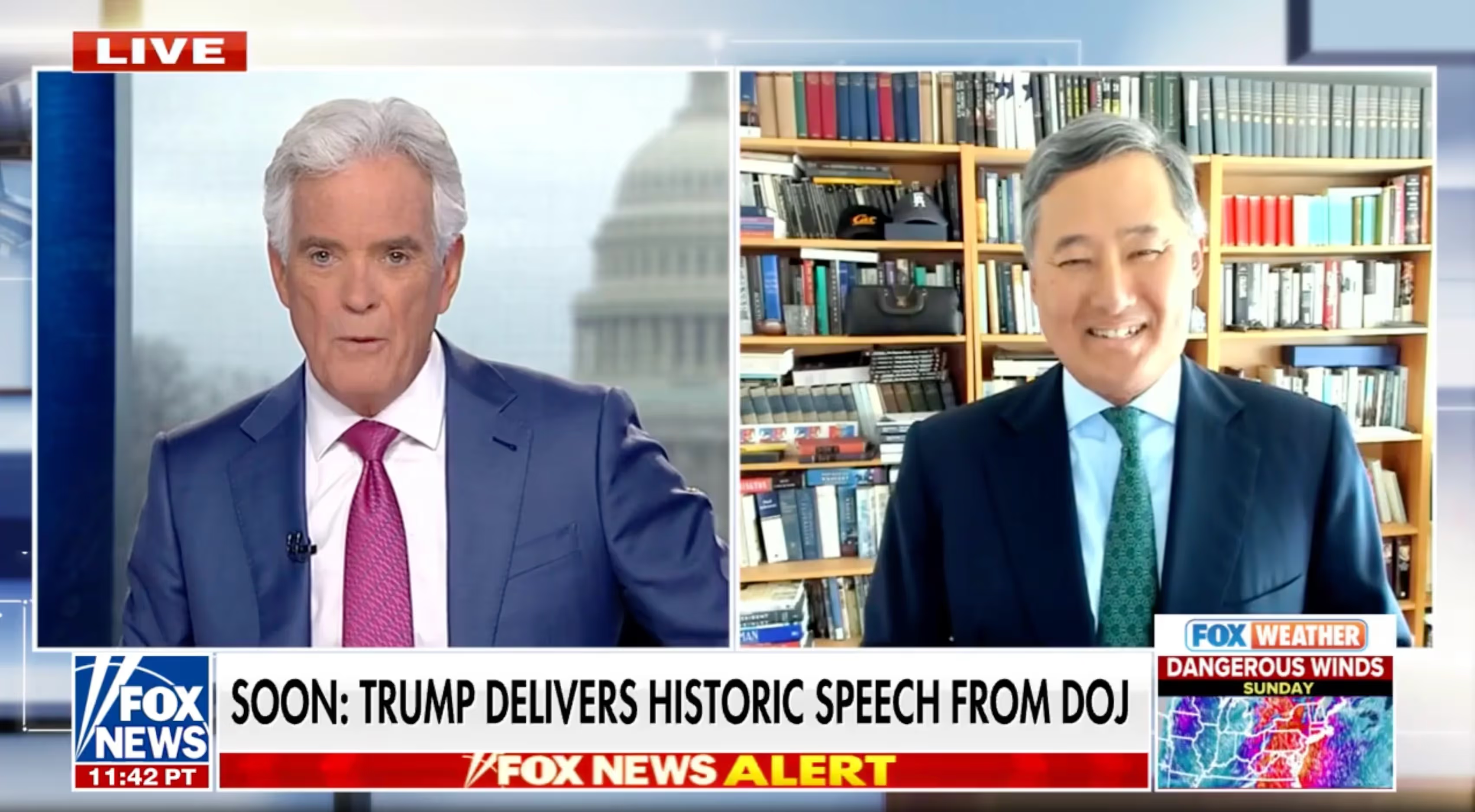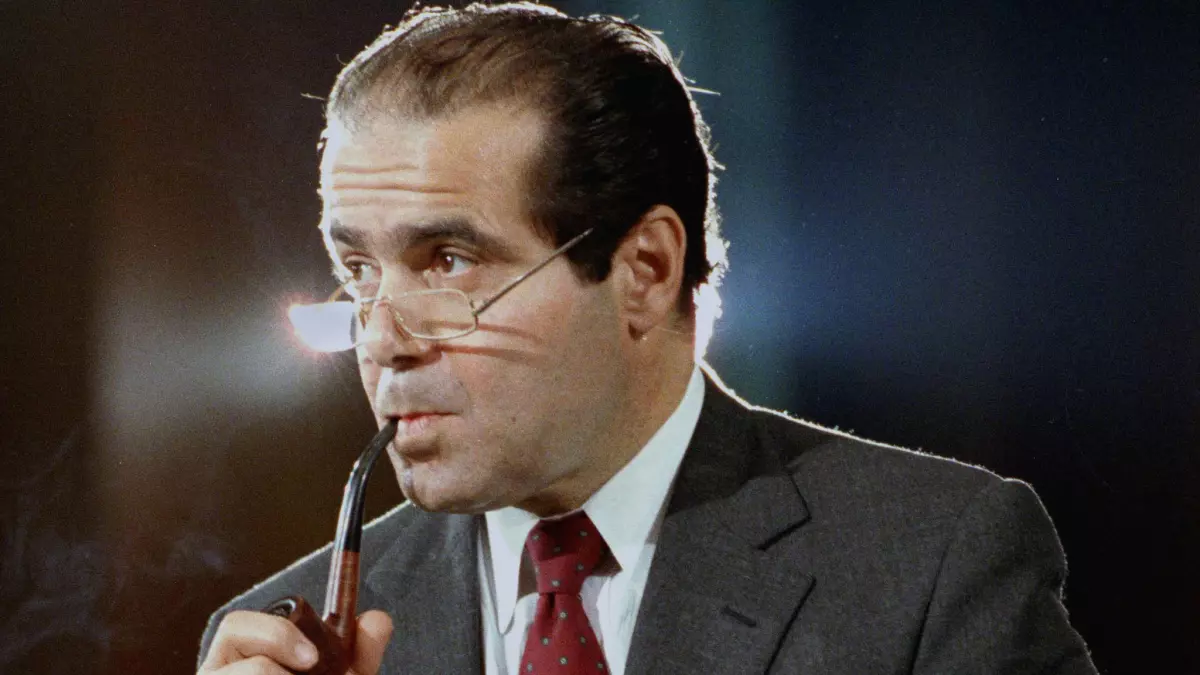Kotkin: Non-Aligned Nations Navigating a Multipolar World
Description from the Feudal Future podcast:
The global balance of power is undergoing a dramatic transformation that extends far beyond the US-China rivalry dominating Western headlines. This eye-opening conversation with experts from three continents reveals how developing nations are reshaping international relations through demographic advantages, economic growth, and strategic non-alignment.
Our panel delivers surprising insights about Africa's explosive potential, where the median age is just 19 and five of the world's ten fastest-growing economies are located. You'll discover how China has established control of 70 ports across 32 African countries while Western powers have grown "shy" about asserting their values and interests. The emerging importance of Namibia—with press freedom rivaling Western democracies and potentially the largest offshore oil discovery in history—challenges conventional thinking about Africa's future.
India's remarkable trajectory takes center stage as Professor Pradip Shukla explains how the world's most populous nation, with 40% of its population under 25, is projected to become the second-largest global economy by 2050. India's strategic balancing act between the US, Russia, and China offers a blueprint for success in this new multipolar reality.
From Latin America, we learn how China has displaced the United States as the primary commercial partner across the region, making billion-dollar infrastructure investments while American influence wanes. The stark contrast between China's port development in Peru versus America's response limited to social media statements illustrates the shifting landscape of regional influence.
The conversation culminates with a provocative discussion about how Western nations might regain lost ground, including the strategic use of tariffs as leverage. Our experts suggest that countries avoiding rigid ideological positions may ultimately prove most successful in navigating this complex new world order.
Listen now to understand the profound forces reshaping global power dynamics and why developing nations will increasingly determine our collective future.
Politics

National Civitas Institute Poll: Americans are Anxious and Frustrated, Creating a Challenging Environment for Leaders
The poll reveals a deeply pessimistic American electorate, with a majority convinced the nation is on the wrong track.
.webp)
Liberal Democracy Reexamined: Leo Strauss on Alexis de Tocqueville
This article explores Leo Strauss’s thoughts on Alexis de Tocqueville in his 1954 “Natural Right” course transcript.
%20(1).avif)
Long Distance Migration as a Two-Step Sorting Process: The Resettlement of Californians in Texas
Here we press the question of whether the well-documented stream of migrants relocating from California to Texas has been sufficient to alter the political complexion of the destination state.
%20(3).avif)
Who's That Knocking? A Study of the Strategic Choices Facing Large-Scale Grassroots Canvassing Efforts
Although there is a consensus that personalized forms of campaign outreach are more likely to be effective at either mobilizing or even persuading voters, there remains uncertainty about how campaigns should implement get-out-the-vote (GOTV) programs, especially at a truly expansive scale.

There's a Perception Gap With the U.S. Economy
As we approach another election cycle, it’s worth asking: what’s real, what’s political theater, and what does it all mean if Democrats regain control of the House?

International Law Is Holding Democracies Back
The United States should use this moment to argue for a different approach to the rules of war.
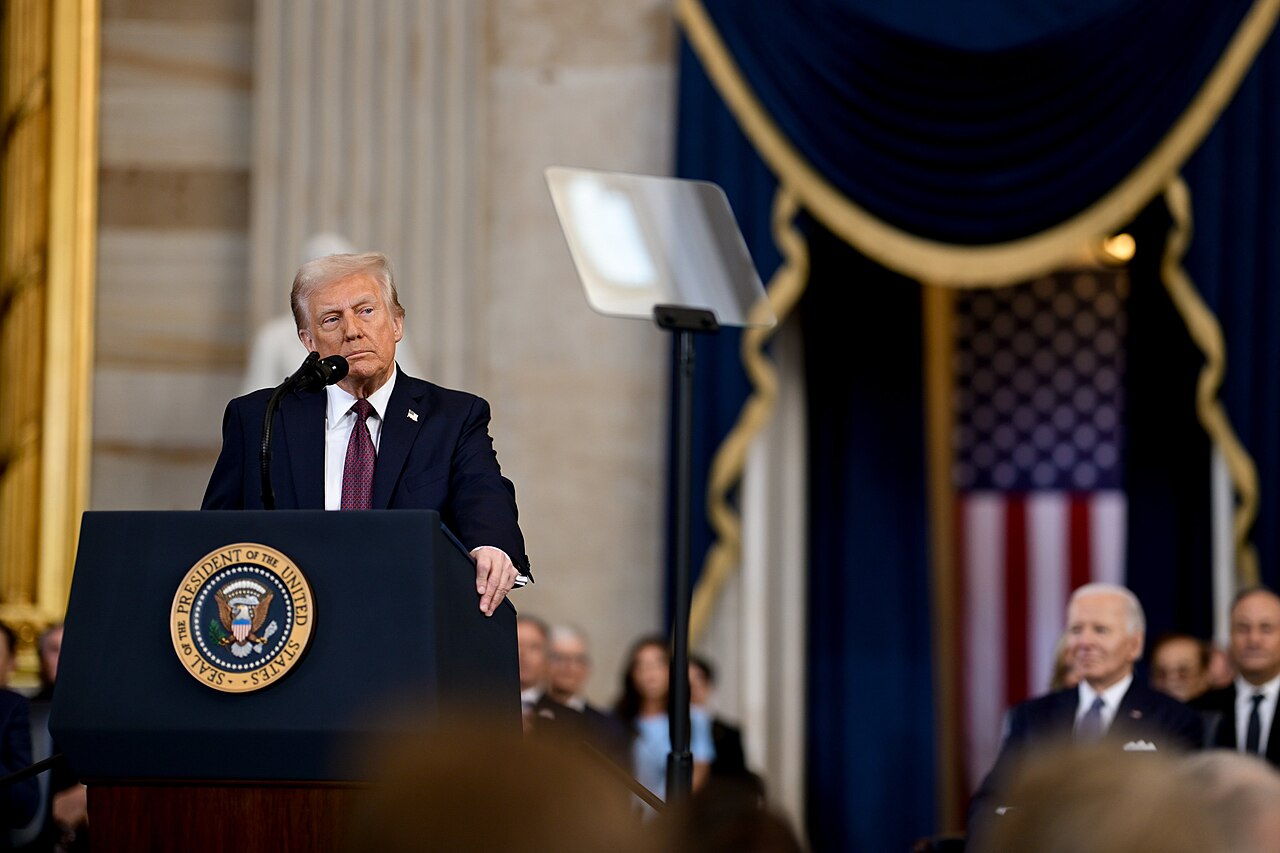
Trump purged America’s Leftist toxins. Now hubris will be his downfall
From ending DEI madness and net zero to securing the border, he’ll leave the US stronger. But his excesses are inciting a Left-wing backlash
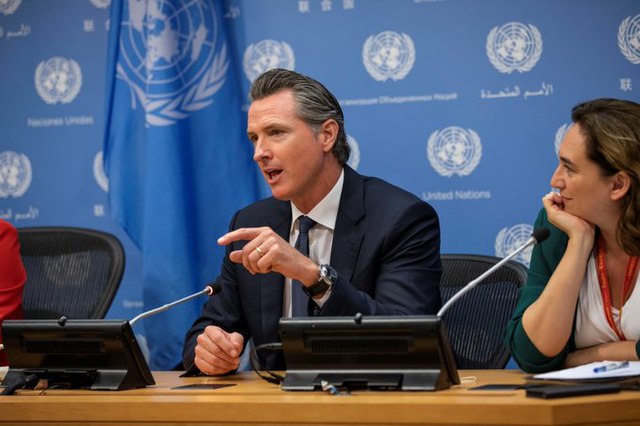
California’s wealth tax tests the limits of progressive politics
Until the country finds a way to convince the average American that extreme wealth does not come at their expense, both the oligarchs and the heavily Democratic professional classes risk experiencing serious tax raids unseen for decades.

When Duvall Played Stalin
It’s strange to compliment an actor for impersonating a tyrant, but it is an act of courage.
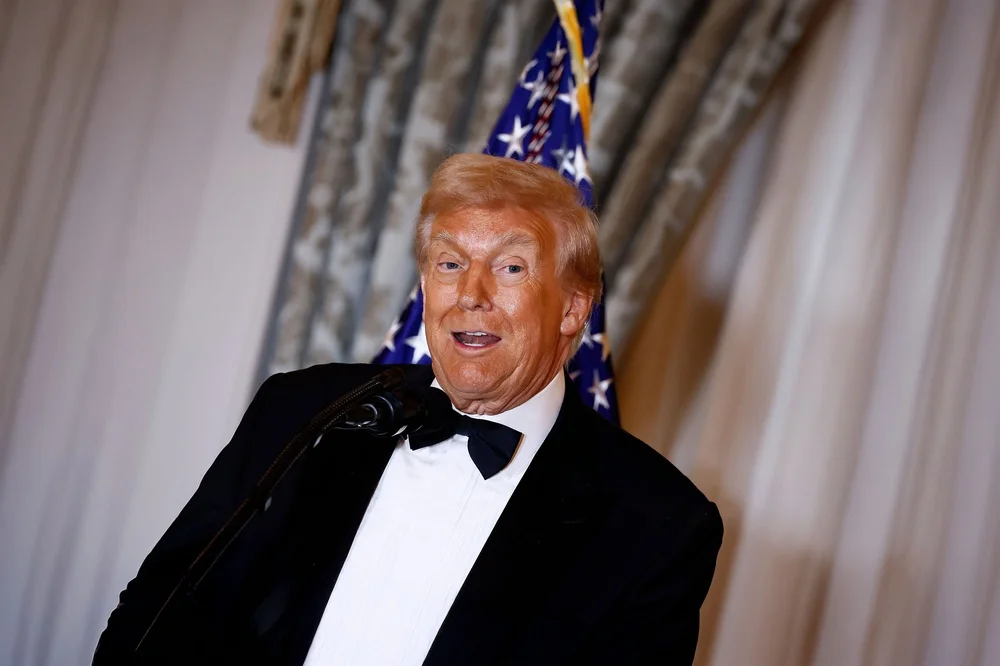
When Vanity Leads to Impropriety
A president should simply not be allowed to name anything after himself without checks from Congress or an independent commission.







